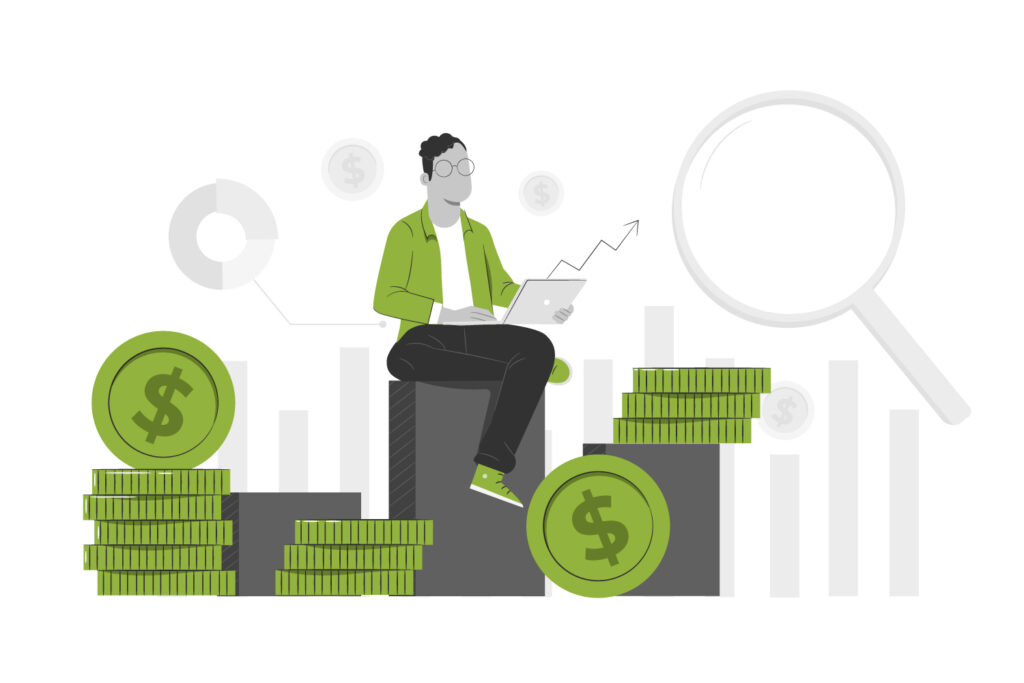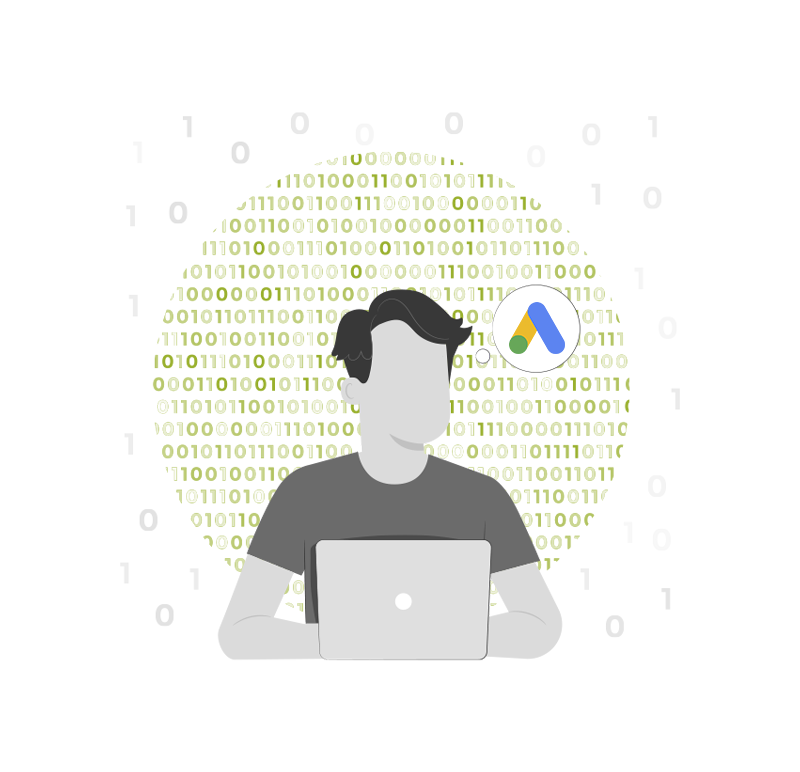The best way to win at PPC is by continually testing what’s working and what’s not—and sharing those strategies with your team.
Recently, Solutions 8 Specialist Manager Glen Wilson brought up a great question in one of our weekly internal training sessions about how to lower the cost per click (CPC) for a Google Ads Search campaign he was running.
Strategist Usama Khan also shared his insight, and our Chief Strategist John Moran shared what has been working for him and where he is seeing results.
You can watch the video clip here, or read the quick recap below.

Going after cheap CPCs in your Search campaigns?
Of course you are; who wouldn’t be? But Google doesn’t make it easy.
Glen admitted that in the test campaign he was running, he was struggling to find the “sweet spot” to get a really cheap CPC. His method has been to start with low CPCs and optimize to see what works; he was pushing the cost but just not seeing the results he wanted.
In looking at the keyword tool, he determined that around $3 was a first-page bid, but he was up to around $2.50 and still really struggling to get CPCs. “At what stage do we just keep pushing it until we start getting clicks?” he wondered. Theoretically, he said, he could probably get the same cost per click anyway, because he is getting it in a Performance Max campaign he is running.

Let's talk bidding strategy.
John confirmed that Glen was running his Search campaign with Manual Bidding and no enhanced cost per click (eCPC). (For reference, eCPC is used to help increase conversions with manual bidding while keeping your CPC low.)
John then asked if Glen had conversion tracking (he said yes, but it was not optimized for purchase) and if he had set a marketing objective for the campaign (i.e., leads or sales). Glen confirmed that it was an eComm campaign but that he had not set a marketing objective.
“That’s what’s interesting,” said John. “This has only worked for me—and it’s just been by chance—when the goal is sales or when the goal is leads.” In other words, you need to choose a marketing objective when setting up the campaign. Otherwise, explained John, if there’s no goal, it doesn’t react.
“I’ve seen the biggest result if it’s tracking conversions and then has it removed, so I think that there’s something there,” said John. “Again, I haven’t started [a campaign] from scratch yet because I’ve been wanting to see what the reaction is, and I think this is also giving me the reaction that I’m getting because it is trying to optimize for sales and it is now no longer getting sales.”
Does it have to do with lag?
Because John had been tracking conversions and then shut it off, Usama wondered if perhaps there was a lag between what was getting clicks and what was converting, until it eventually shifted keywords and focus, and then simply died out… or was it still too early to check?
John said that he’d actually been running his campaign the same way for a few months, so this was the first time he tried a Search campaign, and he noted that his positioning and searches actually got tighter, meaning it focused on the keywords he wanted even more relative to what it was doing before.
Not only that, but it was rewarding him with a better position and a cheaper CPC, even if it was only 25% of the first-page bid.

Or was the algorithm still learning?
Usama believes there is some form of learning involved in it, that perhaps the algorithm realized what keyword it needed to focus on historically (that converted well for it) and because the objective was still sales, or because it had some conversion data on it, it knew which keywords to put its focus on and then just started going down that rabbit hole and producing cheaper clicks, and essentially more clicks.
John confirmed that his search terms were less close and that yes, it’s definitely a learning process, especially since the industry for his particular campaign was extremely competitive. In that case, he almost started to beat his competitors because (he believes) Google thought that if it wasn’t completing the objective, it would just pull spend.
“Remember, the number-one thing Google wants is revenue, and that’s why Performance Max takes so much credit,” explained John. “If I could show a good ROAS, you’ll put more money into it. And because Google can price fix and charge arbitrarily, the more revenue, the more ROAS; the more ROAS, the more spend. So that’s why enhanced conversions is only a 4% increase in your Search campaigns and a 12% increase in your Shopping campaigns.” Essentially, they are going after everybody who has an active Google Ads account and saying, ‘You have to do enhanced conversions’ so they can more accurately see what it’s worth to you.
What do you think about what Glen, John, and Usama have been discovering? What strategies have you tried to lower your CPC while still hitting your campaign objectives? Don’t forget to follow the Solutions 8 YouTube channel for more inside tips and strategies!
Author
Patience is the former director of marketing and communications for Solutions 8. A phenomenal content writer, copywriter, editor, and marketer, she has played a prominent role in helping Solutions 8 become an authority in the Google Ads space. Patience is also the co-author of The Ultimate Guide to Choosing the Best Google Ads Agency and You vs Google.
 Patience Hurlburt-Lawton
Patience Hurlburt-Lawton
